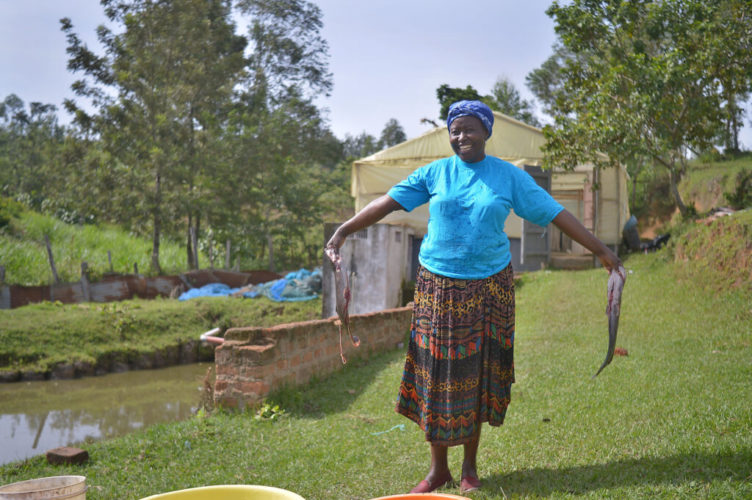The World Rural Forum, in collaboration with FAO, gathers the capacity-building needs and priorities identified by rural women from 5 continents within the framework of the United Nations Decade for Family Farming.
The World Rural Forum (WRF) carried out a participatory process with more than 100 women representatives of family farming organizations, women’s organizations, and National Committees for Family Farming (NCFF) from five continents to identify their needs and priorities for the development of empowerment and capacity-building programs for women family farmers. This process is part of the United Nations Decade for Family Farming (UNDFF) 2019-2028, whose action plan establishes Pillar 3 as a cross-cutting pillar to promote gender equity in family farming and the leadership role of rural women.
In this sense, the WRF and the FAO collaborate in partnership to promote activities that promote Pillar 3. The most notable activities in recent years have been the participatory construction of a roadmap with policy proposals for women within the framework of the UNDFF (2020), and the exchange of successful experiences of public policies and leadership of rural women (2021).
The participatory process carried out in 2022 has shown the enormous number of women leaders of family farmer organizations in continuing to strengthen capacity-building programs that promote the leadership and empowerment of women. The priority topics identified by women to continue developing and reinforcing their skills mainly referred to public policies for family farming, advocacy, and leadership skills.
The training experiences developed by family farming organizations show that strengthening the capacities and leadership role of rural women directly impacts the organisations and their possibility to advocate for a change in the entire cycle of national public policies.
In this sense, it was concluded that the empowerment and capacity-building programs for women family farmers are a priority strategy and should consider the following aspects:
- The enormous contribution and role that women play as agents of change;
- Understand the context-specific needs of women, taking into account the barriers and the challenges they face;
- Recognize the enormous impact that generates from the development of women’s capacities in the change of public policies in favor of rural women;
- Recognize the vast experience accumulated by women’s and family farming organizations. Valorize and leverage these capacities;
- Review and analyze existing capacity development programs to adapt according to the needs and priorities identified by the women and thus respond to their demands;
- Make women protagonists of their own development processes and work in collaboration with them in the design of capacity development programs;
- Enhance spaces for dialogue and reflection that involve women from different regions, countries, and organizations that will allow them to share their experiences, recognize good practices and replicate successful programs;
- Count on the participation and collaboration of women and men in all processes to achieve transformative changes and sustainable impact in women’s lives.
The training needs of women, the priority issues, and the recommendations identified with a view to developing specific training programs for women family farmers within the framework of the UNDFF 2019-2028 are included in a new report prepared by the WRF, in close collaboration with FAO. For further information on the process and the result of the global consultation, you can download the report here.
It is essential to continue working on and reinforcing Pillar 3 of the UNDFF Global Action Plan, defining strategies for its implementation, and considering the extensive experience rural women accumulate in the fight for their rights. It is necessary to scale up these achievements and continue strengthening the capacities of women in family farming organizations, promoting women’s empowerment, leadership, and participation in decision-making spaces.
For more information: https://www.familyfarmingcampaign.org/en/mas-de-100-mujeres-de-la-agricultura-familiar-identifican-necesidades-de-formacion-para-reforzar-su-papel-de-liderazgo-en-la-agricultura-familiar/

